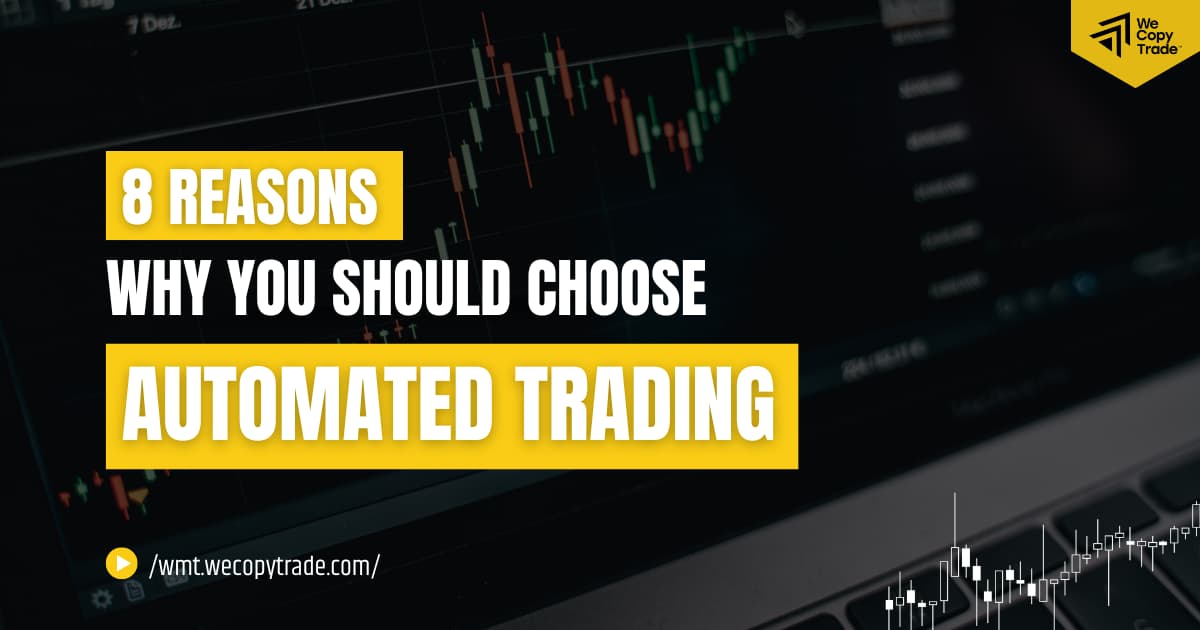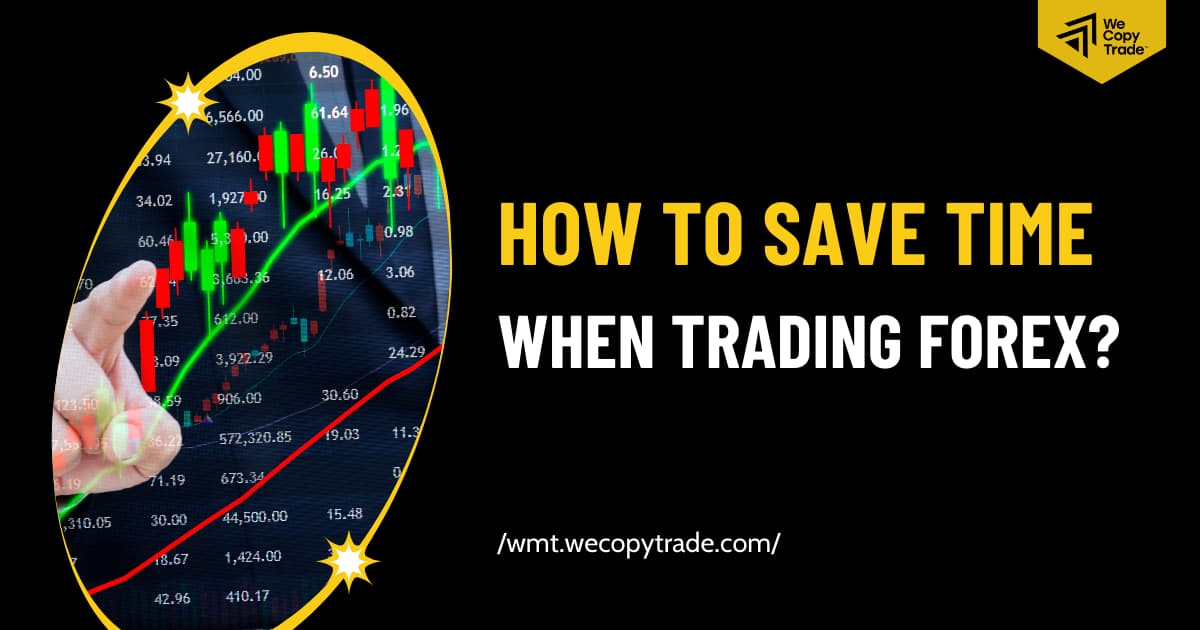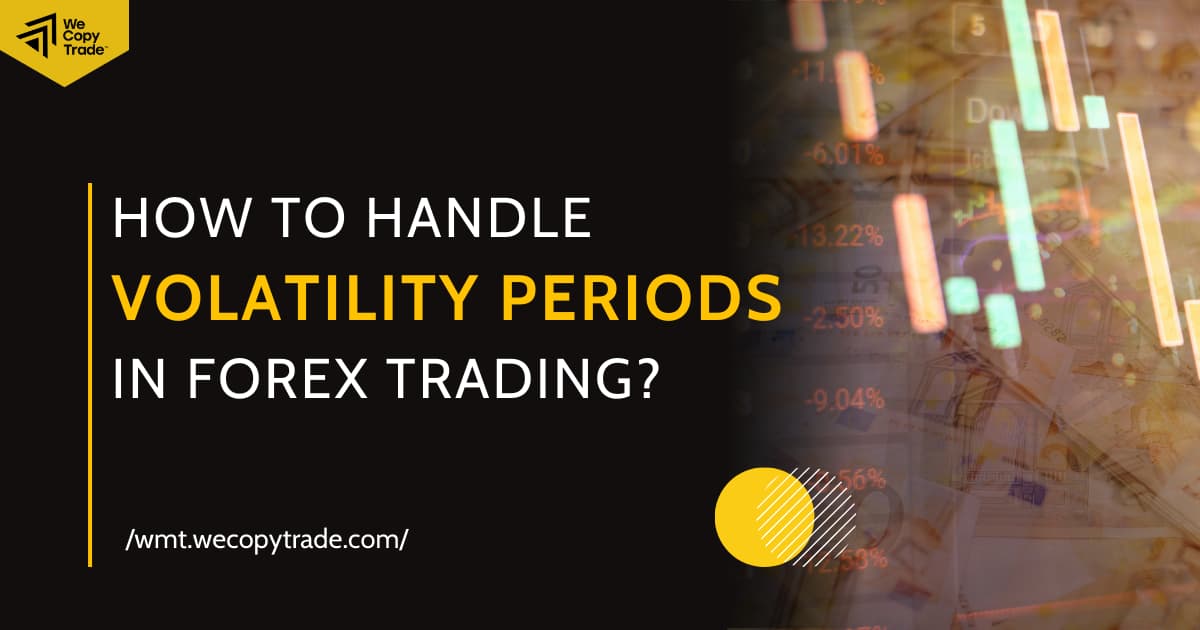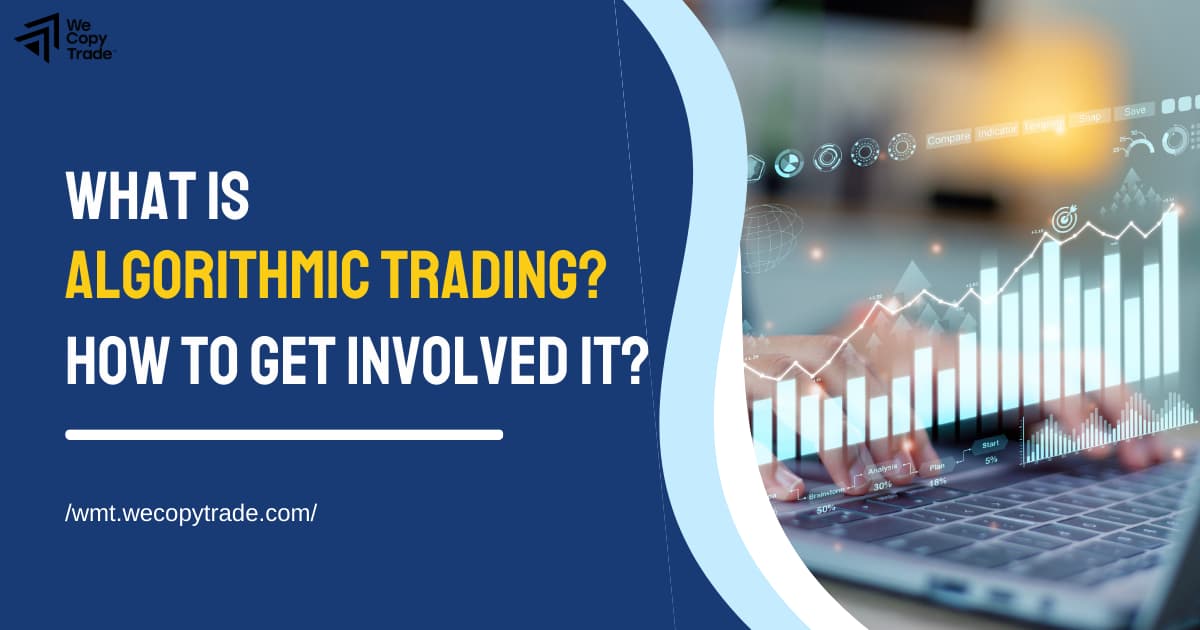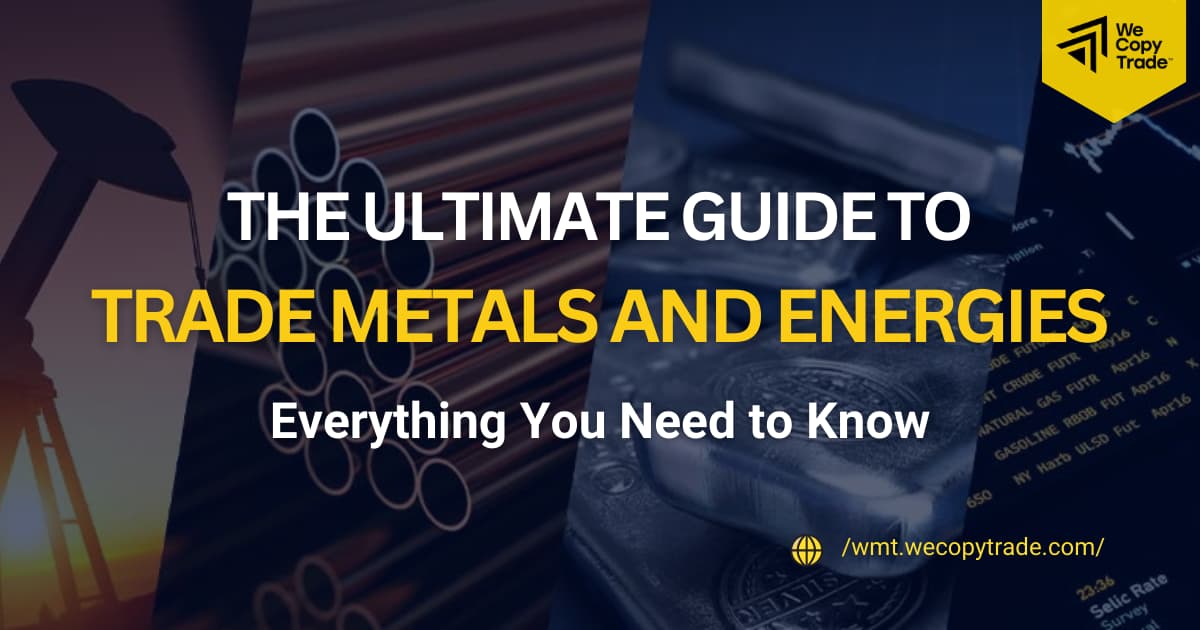
Trading metals and energies can offer investors exposure to important global commodities markets. Base metals like copper and aluminum are key materials for many industries while energies such as oil, natural gas and electricity power our modern world. As valuable resources, the prices of metals and energies tend to fluctuate based on many different factors. This guide provides a comprehensive overview of how to successfully trade these commodities online. Whether you are a novice or experienced trader, you will learn everything required to trade metals and energies.
Types of Metals and Energies Traded
When trading metals and energies, investors purchase and sell different commodities to potentially profit from price changes over time. Now let us look at the different types of metals and energies that are commonly traded on the commodity exchanges in the world.
Metals
Metals can be categorized into three main types:
- Precious metals are metals like gold, silver, platinum and palladium that can be used to make jewelry or other nice things.
- Industrial metals include metals that companies use a lot to create and make things, like copper, aluminum, zinc and nickel. These metals are crucial parts of buildings and technologies because they are very useful for many industries.
- Other metals play important roles too. For example, iron ore helps make steel, tin covers food cans, lead stores energy in car batteries, and uranium powers nuclear power plants. These metals each have jobs that support different areas.
Energies
Here are several main types of energies:
- Crude oil (WTI, Brent): This includes oils like West Texas Intermediate (WTI) and Brent crude. They are two of the most important oil grades traded worldwide due to energy needs.
- Natural gas: Large amounts of natural gas are used to warm buildings and generate electricity in power plants. It is a highly utilized fuel.
- Heating oil and gasoline: These liquids serve essential purposes as components that fuel vehicles, machines, and more. Gasoline powers most cars and trucks, while heating oil helps heat many homes.
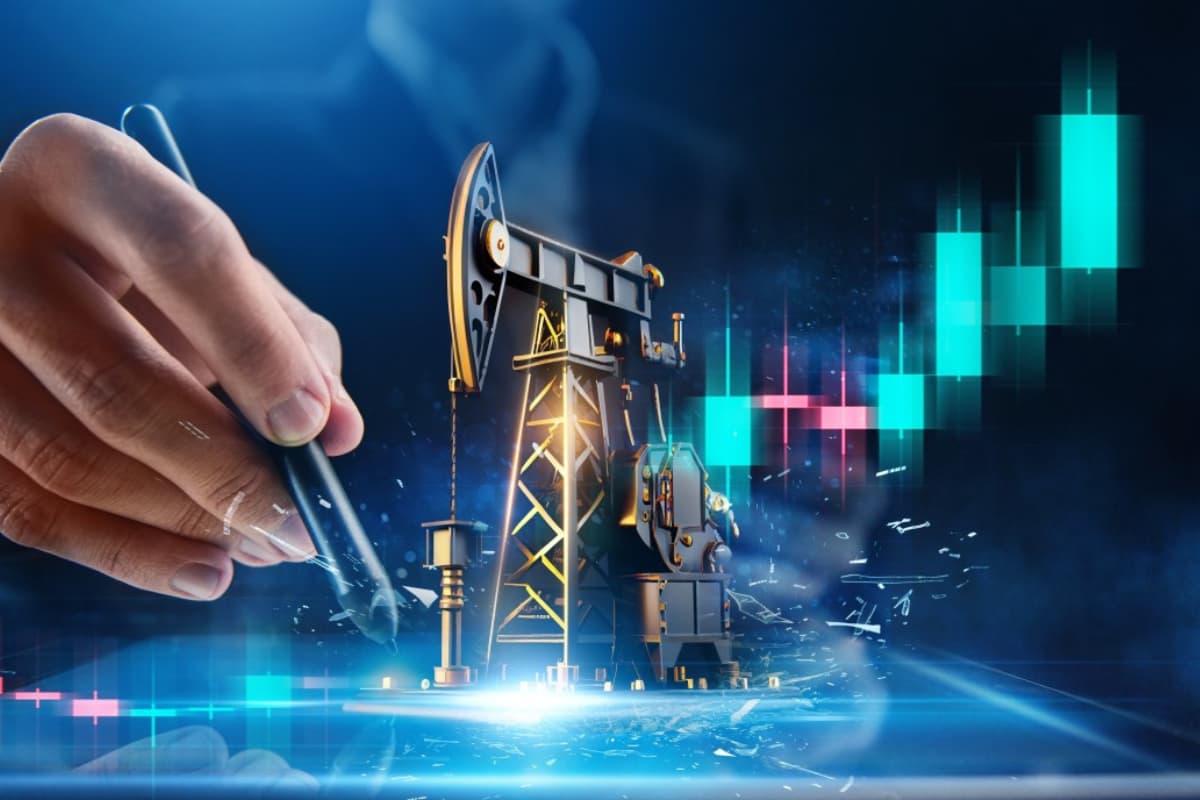
Benefits of Trading Metals and Energies
Trading metals and energies brings investors a range of benefits:
- Potential profits: Factors like supply/ demand, economic conditions and projects impact prices. This means opportunities for gains. While risks exist, diligent traders can profit from price changes in active commodity exchanges over time. Commodities provide another avenue to grow wealth depending on market conditions
- Potential hedge against inflation: When prices rise overall, metals and fuels tend to as well. Trading them can offset higher costs of living.
- Diversified investment portfolio: Adding different commodities contracts trades to investments in stocks and bonds helps reduce risk if one sector drops.
- Transparent pricing: Large markets with many participants set clear, fair prices for metals and energies each day. This reflects overall market views.
Factors Influencing Metals and Energies Prices
Before deciding to trade metals and energies, you need to know important factors that can impact the prices of these commodities. Understanding how these factors change helps explain why metal and energy costs may go up or down at different times.
- Supply and demand: The amount of a metal or fuel available compared to how much is needed affects prices. Higher demand or lower supply increases prices.
- Cost of production: The costs involved like materials, labor and transportation needed to produce metals and fuels influence supply. Higher costs mean suppliers may sell for more.
- Economic growth: When economies and building are strong, more metals and energies are used. Weaker economies lead to less demand and lower prices.
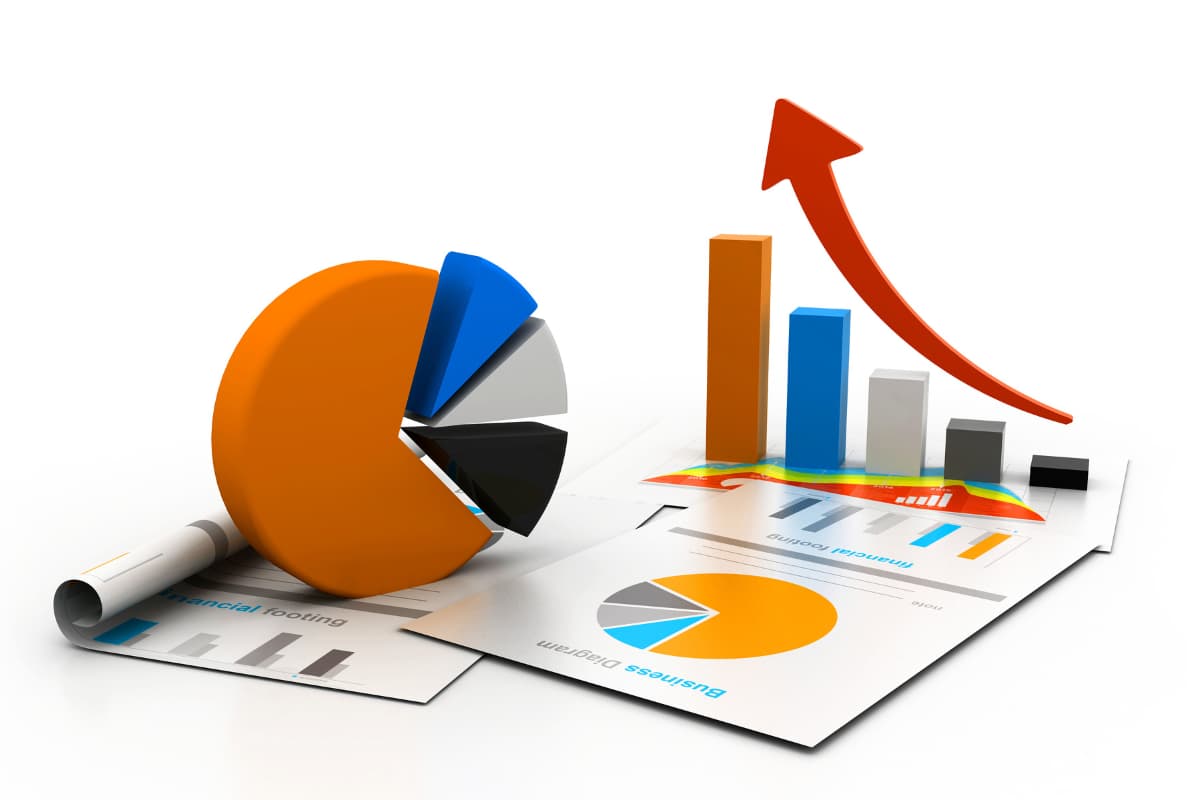
- Weather and natural disasters: Events such as hurricanes or droughts that disrupt mining or drilling can temporarily reduce availability and push prices up.
- Geopolitics: Political tensions or conflicts in areas that produce metals and fuels can interfere with supply chains and trading.
- Speculation: When many investors think prices will rise, increased buying can drive prices up in the short term. The opposite happens if they expect lower future prices.
Ways to Trade Metals and Energies
There are various options available for traders looking to trade metals and energies:
Spot Trading:
Spot trading allows direct purchases and sales of physical commodities for immediate delivery. The trader owns the metal or fuel. They hope the price goes up so they can sell it for more than they paid.
Futures Trading:
Futures contracts are agreements to purchase/ sell an asset at a future date. Traders agree on a price now but do not actually deal with the goods. They make money if the market price changes in their favor before the deal expires.
Exchange-traded Funds (ETFs):
ETFs aim to track the performance of commodity markets without owning the raw materials. Investors hope the value rises when prices go up. ETFs allow smaller investors to spread risk across many commodities.
Contracts for Difference (CFDs):
CFDs enable traders to bet on rising or falling prices without holding the real asset. Profit or loss is paid in cash based on the difference between opening and closing prices of the contract. This provides flexibility but can also bring larger risks.
Options and Derivatives:
These give traders the option to buy or sell at a set price. They provide ways to hedge risks but also offer chances for high rewards if market moves match the prediction. Profits rely on correctly forecasting price movements within timeframes.
How to Choose a Metals and Energies Trading Platform
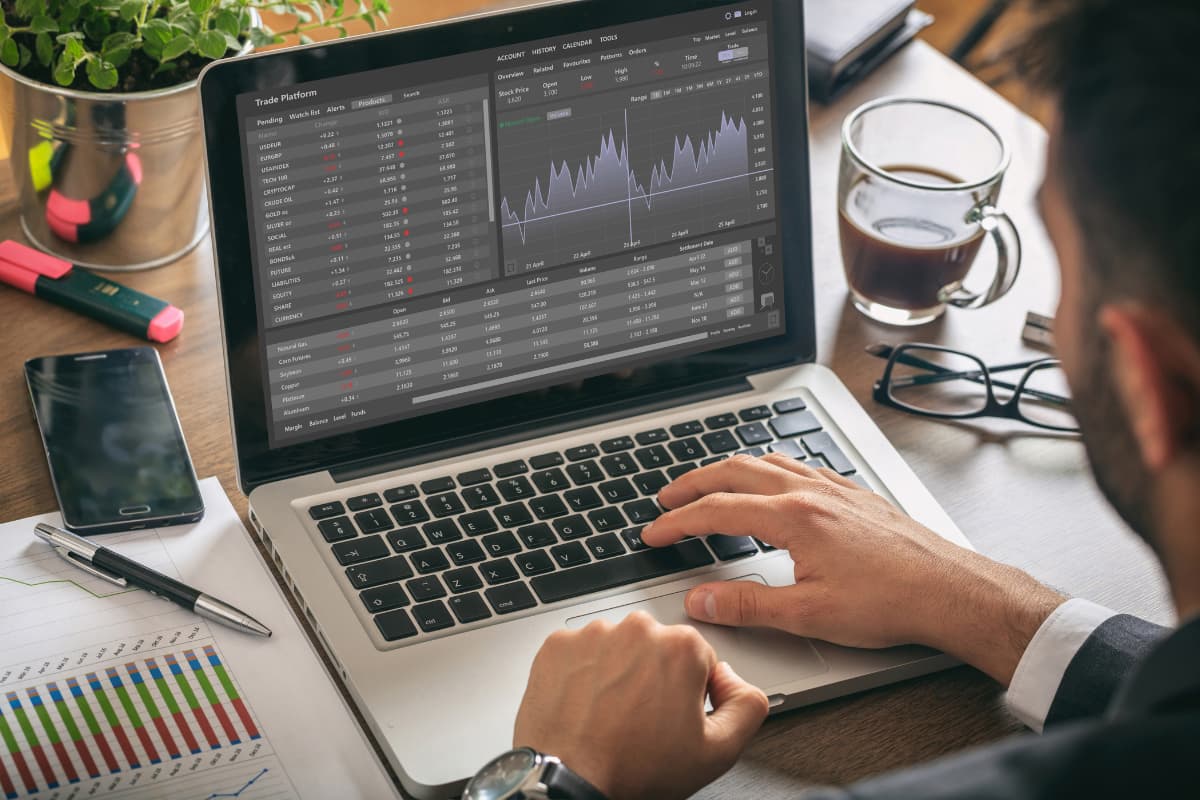
To choose the best trading platform to trade metals and energies, you need to consider these factors:
- Regulations: Look for platforms regulated by reputable organizations like the FCA. This helps ensure consumer protection rules are followed. Stricter rules mean better security.
- Account options: Platforms offer standard and professional accounts. Standard has simpler signup while professional needs more experience and money but gives greater access.
- Products: Check the platform allows trading the materials that interest you, like different fuels, metals or related contracts. This ensures you can invest in the commodities you research.
- Fees: Be aware of any charges for depositing funds, withdrawing profits or inactivity over time. Some payment methods might cost less than others too. This impacts your long-term returns.
- Leverage: If you want to trade large amounts while risking less capital upfront, pick a broker allowing high leverage and low deposit requirements relative to trade values.
- Tools: Look for essential features like advanced charts, technical analysis tools, and educational resources that can help analyze opportunities. Consider your experience level and needs. Mobile access also expands your flexibility.
Tips for Successful Metals and Energies Trading
To trade metals and energies successfully, you may follow these tips:
- Develop a trading plan: Decide your goals for profits or experience, how much risk you are willing to accept, and the approach you will take before investing. Knowing these basics helps you trade strategically.
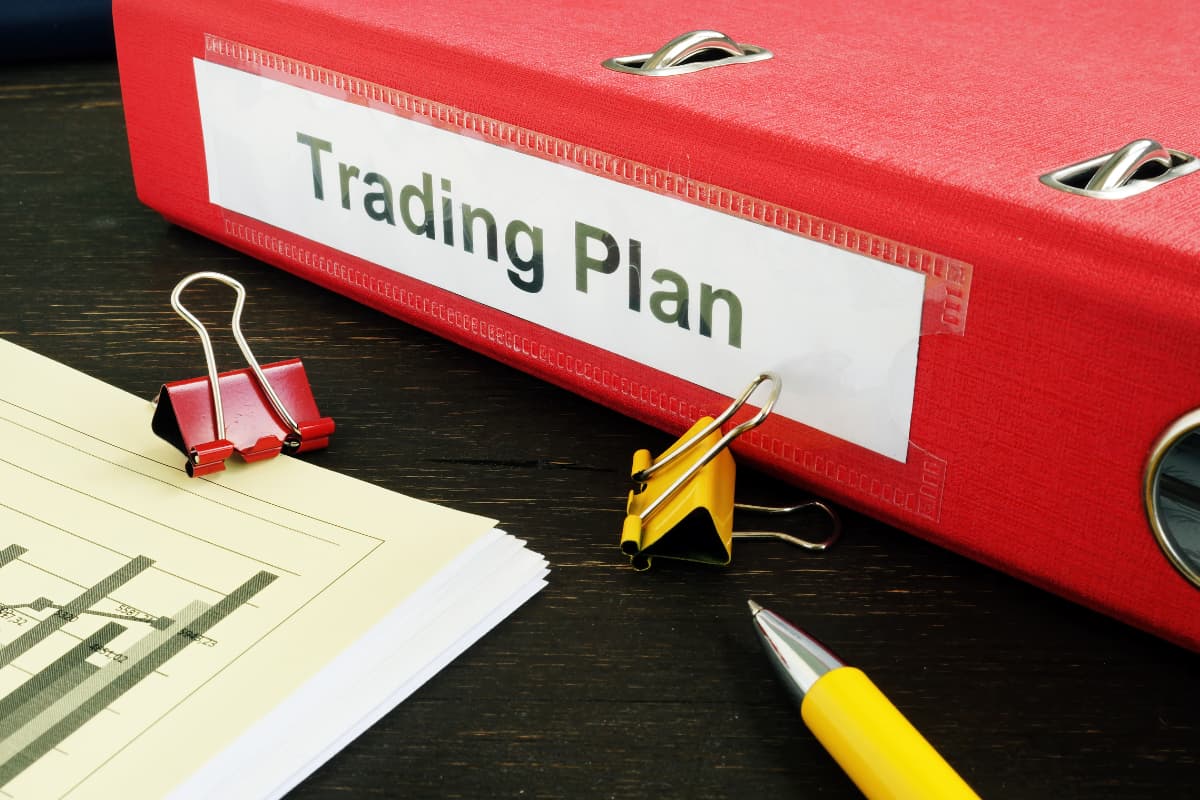
- Continuous learning: It is important to regularly learn about changes in the markets for fuels and metals. Read reports on supply, demand and political/ economic factors that influence prices to spot new opportunities.
- Practice risk management: Use caution with borrowing or leverage since losses can expand quickly. Set price limits for automatic exits to limit downside if the market moves against your positions.
- Monitor and adjust: Check how your trades are progressing to see what’s working well and what could be improved. Adjust your strategy based on this experience over time to boost your chances of success in changing conditions
Final Words
In conclusion, there are many important considerations for anyone looking to trade metals and energies as commodities. It is essential to understand the various factors that influence prices and have a good platform to execute different trading strategies. Doing thorough research, developing a clear plan while managing risks carefully are also vital to achieve success. For more useful tips on trading Forex, stocks, metals and energies, please visit our WeMasterTrade Blog.


